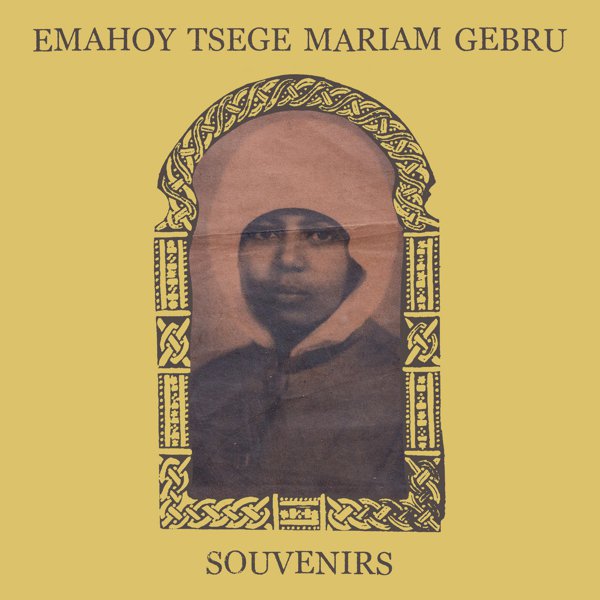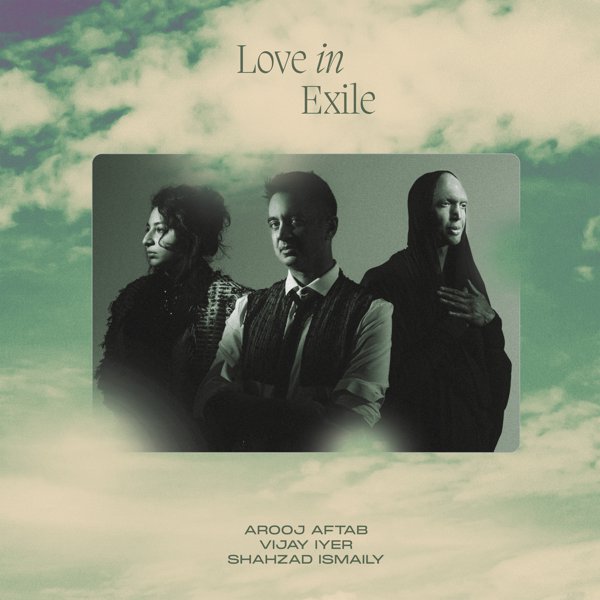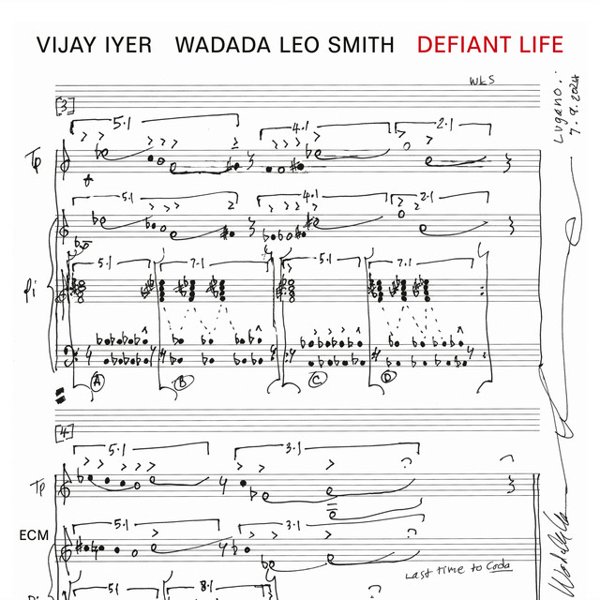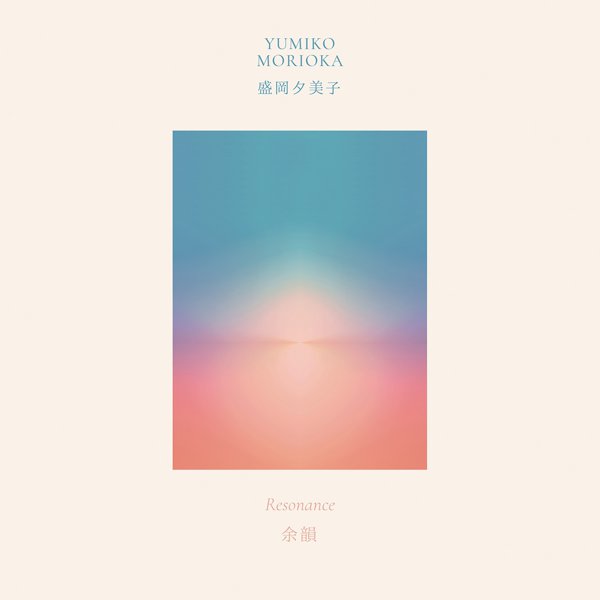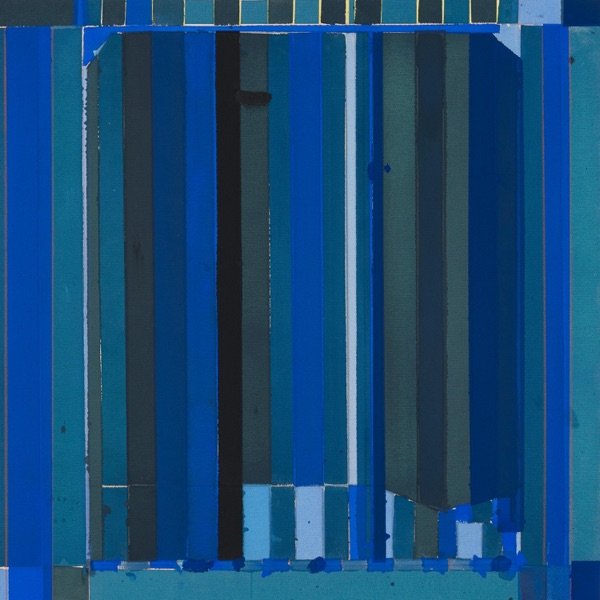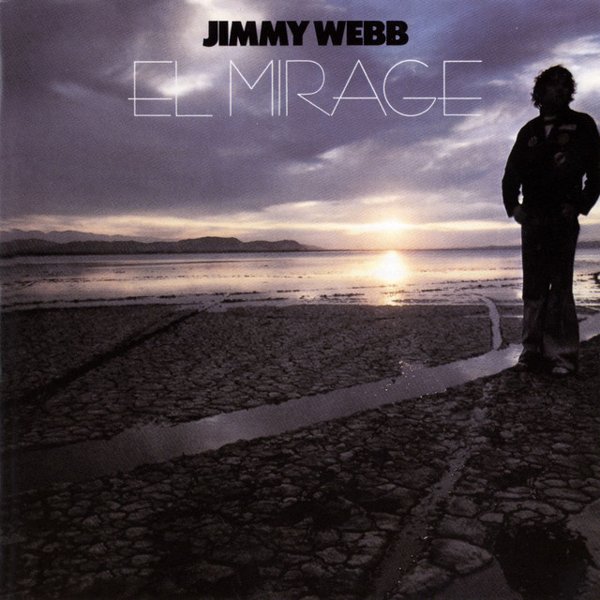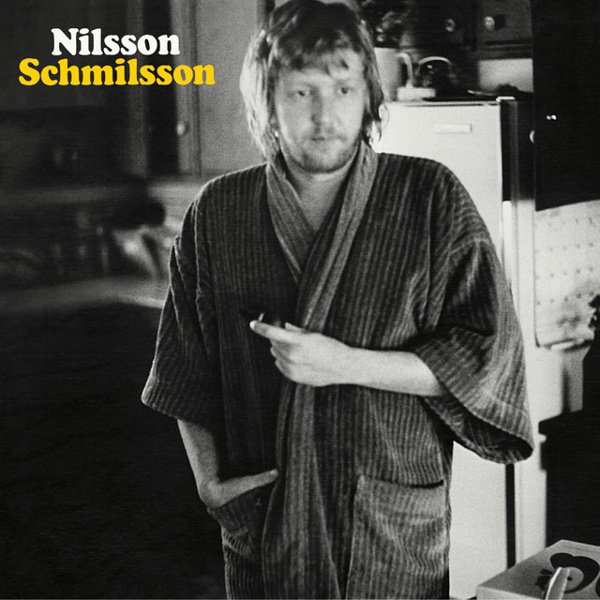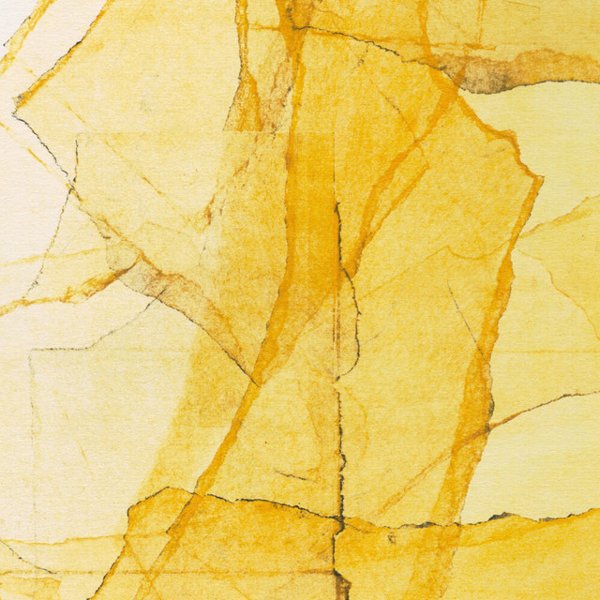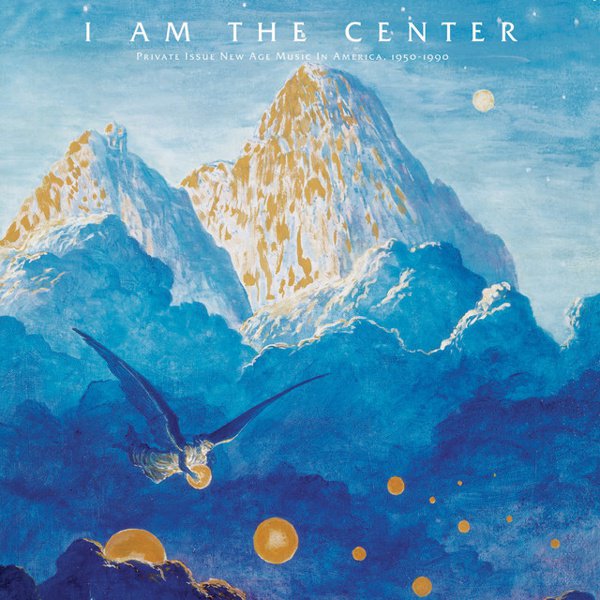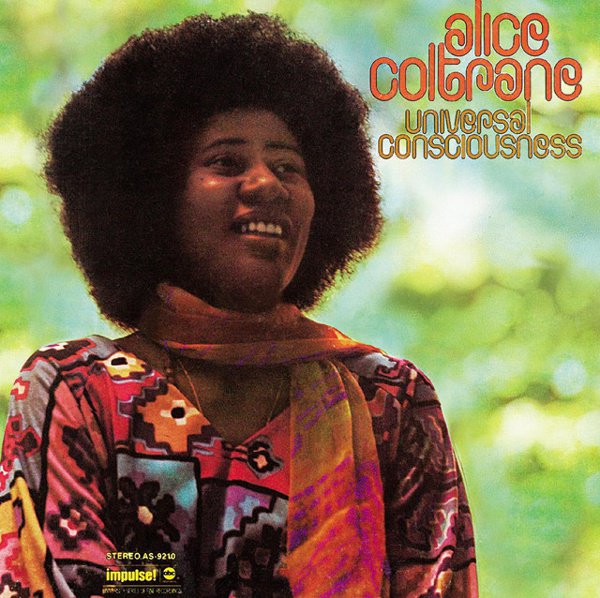Souvenirs
In 2006, the music of Ethiopia’s Emahoy Tsegué-Maryam Guèbrou first caught ears in the West thanks to the release of CD compilation Éthiopiques 21: Piano Solo. Yet the haunting piano music of “the honky tonk nun” (a misnomer if ever there was one), originally recorded between 1963 and 1970 before Emahoy withdrew into the church, the music fully infiltrated the cultural imagination during the global pandemic, kindling a sense of intimacy in anyone who heard it. It sounded ancient yet felt immediate, as Norah Jones once described it to the Times: “one of the most beautiful things I’ve ever heard: part Duke Ellington, part modal scales, part blues, part church music.” You could find it in your local coffee shop, but also in Netflix films and documentaries. Most surreal was when the lonesome sound of Gebru’s piano cropped up during Sunday Night Football, part of an Amazon ad campaign. As indie film director Kelly Reichardt put it: “It was a secret and now it’s in every sandwich shop you walk into.”
But the poignant posthumous release of Souvenirs proves that there remain more secrets to the nun. It’s an album that features Emahoy’s singing voice and was only available in the gift shop of her nunnery in Jerusalem. It comes from a series of lo-fi tape recordings she made at home between 1977 and 1985. It was a fraught time in Ethiopia known now as the “Red Terror,” when the Derg Regime imposed strict censorship on the populace, arresting tens of thousands and executing thousands more. Members of Emahoy’s own family were killed as the Regime targeted aristocracies and members of the Orthodox church. So these recordings feel not just familiar, but furtive, made in secret and smuggled out with her when she left her homeland for the very last time, moving to a cell at the Church of Kidane Mehret in Jerusalem.
Souvenirs is as disarming as anything on previous releases, but there’s a new level of intimacy attained, like you are present at a personal piano recital performed in her room. Longtime fans will be thrilled to realize there are words for “Tenkou! Why Feel Sorry” (a highlight from Éthiopiques 21: Piano Solo). But it’s when the heartbreaking lyrics for pieces like “Clouds Moving on the Sky” and “Ethiopia My Motherland” are heard that the hard reality of the music becomes clear: Emahoy herself was a refugee, her plight echoing that of millions, even in our present moment.

